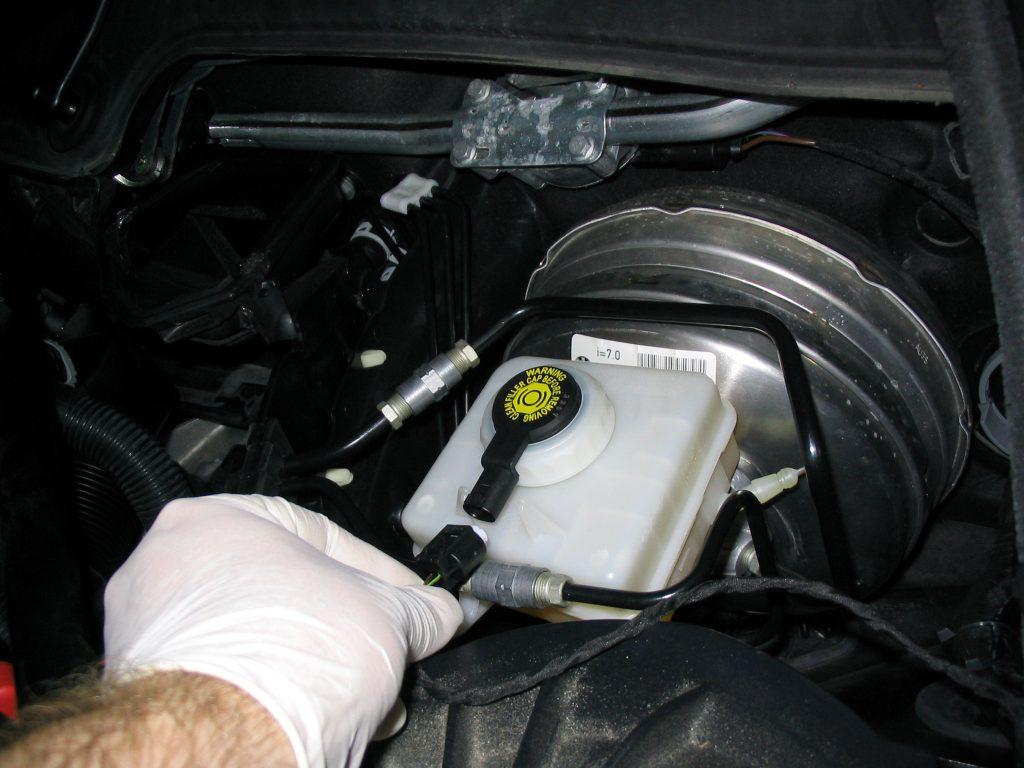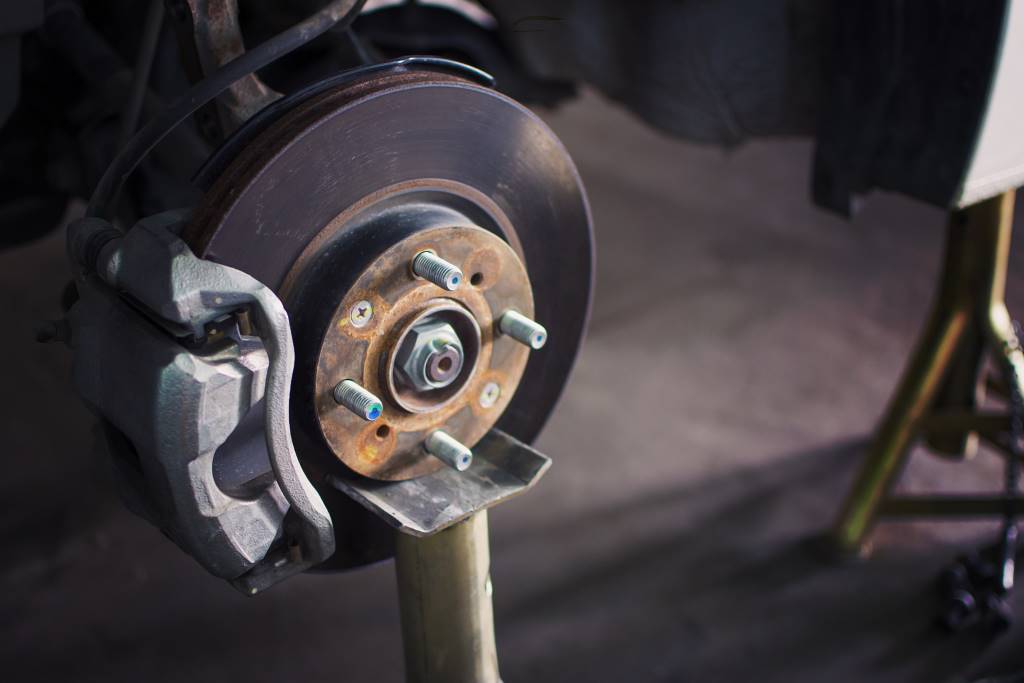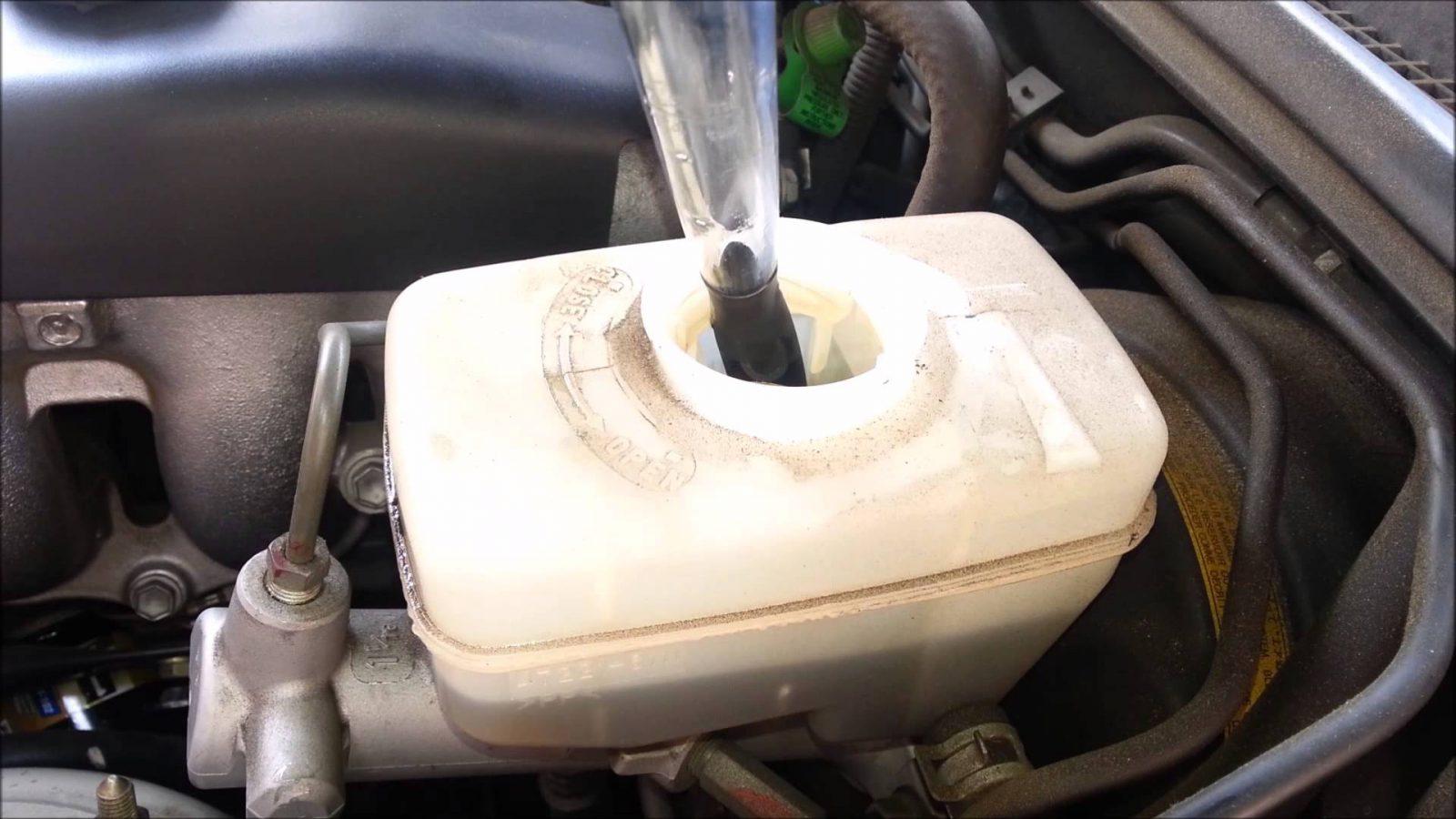One of the most ignored servicing; changing brake fluid tends to take a back seat. People are mistaken if they think brake fluid does not require flushing and change. The brakes being the most vital part of your safety require inspection from time to time. When confused about how often should you change brake fluid, read through the section below.
Contents
Clearing Your Doubts on How Often Should You Change Brake Fluid
Brake fluid or more aptly the hydraulic fluid smoothens the job of the brakes when applied. Over time, the brake fluid may absorb moisture from the environment thus would need flushing.
So the frequency of brake fluid checks should be determined by your specific model, your ownership duration, and your driving habits.
As a general guideline, car manufacturers suggest changing your brake fluid approximately every two years or after covering 20,000 miles.
However, it’s essential to remember that individual driving circumstances may necessitate more or less frequent fluid changes.
Factors Affecting How Often Should You Change Brake Fluid
Changing brake fluid nowadays depends on the car’s manufacturer specifications. There are certain other factors too that require mention.
1. The Fluid Color
It is recommended to visually inspect the brake fluid, every two years or so. In case, the fluid does not appear to be transparent or clear; the fluid change would be needed. Visit a mechanic near you if the fluid is rust-colored or seems to be mud-colored.
The contaminated look of the brake fluid is due to the moisture accumulation from around the environment. The answer to how often should you change brake fluid is simple, believe your eyes more than what others recommend.
SEE MORE:
2. Brake Pedal Feels Spongy
When a brake pedal loses its firmness or grip, the brakes are known to be “spongy” or “soft.” As a matter of fact, a car’s brake mechanism heavily depends on the hydraulic pressure system. It is the brake fluid that aids in maintaining the hydraulic pressure.

>> Finding cheap used cars from reliable Japanese sellers? Click here <<
Only the brake fluid should be present to undergo its operations aptly. In case, the brake fluid gets contaminated as the air fills in, brakes may get spongy. If you feel you are losing your control over the brakes, a brake fluid change is all that you need.
3. Abridged Brake Performance
When you experience a lag when you press down the brake pedal; you would need to look into the probable reasons.
Have you experienced pressing on the brakes 2-3 times, before it halts? If, yes, then the possibility is that the brake fluid is the culprit.
This may happen due to external factors such as air and moisture entering the brake fluid system. When looking at how to change the brake fluid, refer to maintenance tips.
4. Manufacturer’s Recommendations
Last but not least, the specific manufacturer’s recommendations that come along in the manual are important. Most of the manufacturers suggest that brake fluid should be replaced every two years.
On the other hand, regarding distance, 40,000 kilometers is the milestone after which you would require the fluid change.
One should keep in mind that every manufacturer has specific requirements that should be read through the user manuals.

The Neglect of Brake Fluid Maintenance: Potential Hazards
Toyota vehicles are renowned for their dependable hydraulic systems, yet ensuring the longevity of these systems requires vigilant maintenance, particularly when it comes to replenishing low brake fluid levels.
If your daily drive involves frequent braking or extended periods of traffic congestion, you may notice your brake fluid depleting more rapidly. Failing to address this issue can lead to several dangers:
Impaired Braking Performance
As brake fluid levels drop, you’ll likely experience the need to exert more pressure on the brake pedal to bring your vehicle to a halt.
This places increased strain on your brakes, potentially compromising their effectiveness, especially during sudden stops, which can be perilous.
Contamination of Brake Fluid
Over time, brake fluid is prone to contamination from accumulated debris and dust. Additionally, the wear and tear of the seals, rubber hoses, and metal components within your brake system can introduce minute rubber and rust particles into the fluid.
When brake fluid becomes sufficiently contaminated, it may lead to malfunctions in your braking system, possibly rendering your vehicle’s antilock brake system ineffective.
Brake Failure
In the worst-case scenario, if your brake fluid supply is completely depleted, your brakes can become inoperable. This situation poses an extreme hazard, especially when you’re navigating traffic.
In such a dire situation, you may need to resort to emergency braking techniques, such as using the emergency brake handle or repeatedly pumping the brake pedal, to bring your vehicle to a stop.
A sudden sinking feeling in the brake pedal may indicate a potential fluid leak and warrants immediate attention.

FAQs
-
Can I change the brake fluid myself, or should I go to a professional mechanic?
Brake fluid replacement can be a DIY project for those with automotive maintenance experience.
However, it’s crucial to follow safety precautions and use the right type of brake fluid specified in your owner’s manual. If you’re uncertain or uncomfortable with the process, it’s best to consult a professional mechanic.
-
What happens if I don’t change my brake fluid as recommended?
Failure to change your brake fluid at the recommended intervals can lead to decreased braking performance, reduced safety, and potential damage to your brake system components.
Over time, contaminated or degraded brake fluid can compromise your ability to stop safely.
-
Is it necessary to bleed the brakes when changing the brake fluid?
Yes, bleeding the brakes is a crucial step when changing brake fluid. It removes any air bubbles that may have entered the brake lines and ensures that the system operates correctly. Improper bleeding can lead to spongy brakes and reduced stopping power.
-
Can I use any type of brake fluid for my vehicle?
You should always use the type of brake fluid specified in your vehicle’s owner’s manual. Using the wrong type can lead to brake system damage and a loss of braking performance.
-
How much does a brake fluid change typically cost at a mechanic’s shop?
The cost of a brake fluid change can vary depending on your location, the type of vehicle you drive, and whether you go to a dealership or an independent mechanic. On average, it may cost between $70 and $150.
Check out this video from 3Wood to learn more about how to check brake fluid within 3 minutes!
Conclusion
This was all about how often should you change brake fluid. If still, you face any doubts or confusions, consulting a car expert is never too late. Always remember to undergo servicing though, as your safety is entirely in your hands.




I want to know whether the current mp4 players that flips which has a software in Japanese can be changed to English.
Nope